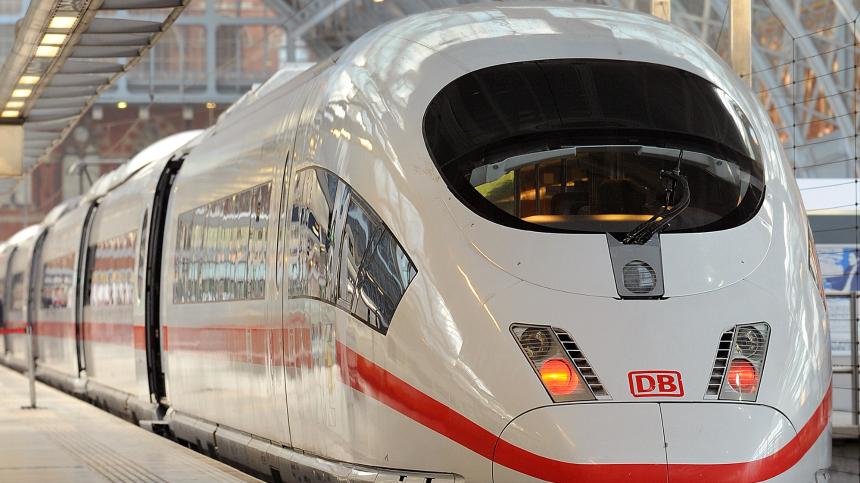The Chennai-Arakkonam-Bangalore-Mysore route will be 85% elevated and will include 11% tunnels. The travel time between Chennai and Bangalore will be reduced by 100 minutes and between Bangalore and Mysore, the travel time will be reduced by 40 minutes.
Travelling from Chennai to Mysore via Bengaluru may take just 2 hours and 25 minutes in the coming years! The German government has recently submitted a feasibility study to the Railway Board on a new bullet train project on the Chennai-Arakkonam-Bangalore-Mysore route. If the proposal gets approved by the Railway Board, the travel time between Chennai and Mysore will be cut down by more than five hours by 2030, PTI reported. The feasibility study was submitted to Railway Board Chairman Ashwani Lohani for the 435-km long stretch by German Ambassador Martin Ney. The report states that the 435-km distance can be covered in under three hours with a maximum speed of around 320 kmph. The new bullet train will cut down travel time drastically from the present duration of seven hours!
The Chennai-Arakkonam-Bangalore-Mysore route will be 85% elevated and will include 11% tunnels. The travel time between Chennai and Bangalore will be reduced by 100 minutes and between Bangalore and Mysore, the travel time will be reduced by 40 minutes, according to the German report. While the feasibility report has suggested that India integrates its existing conventional rail line with the high-speed railway line instead of a dedicated high-speed corridor in a bid to reduce costs and to minimise land acquisition issues, the plan was rejected by the Railway Board, stating that India’s present network is over-saturated as well as complicated for this.
The German government has commissioned and financed the study. The report quoted German Ambassador Ney saying that the Chennai-Mysore route was not only extremely viable but will also prove to be the most effective solution to manage the traffic growth. The project is likely to cost around Rs 1 lakh crore. Also, an additional amount of Rs 150 crore will be required for rolling stock, the report said.
According to Ashwani Lohani, the proposal is being reviewed at present. The German government studied both mixed mode as well as the dedicated mode and the Railway Board decided that a detailed study of dedicated mode was more viable than that of mixed mode. The Railway Board is expecting that they will be able to ground some passengers from airlines when they see that the travel time has been significantly reduced. Once this kind of high-speed railway network is introduced, trains will be faster than airlines unless one lives near to the airport, he added.
Meanwhile, according to sources quoted in the report, a journey between Chennai to Mysore will be comparable to airfares. The other routes across the country on which feasibility studies are being conducted include New Delhi-Mumbai, Delhi-Kolkata, Delhi-Nagpur, Mumbai-Chennai, Mumbai-Nagpur.
Source: FE
Image Courtesy: Spiegel
You may also like
-
Trade Connect E-platform For Exports Is Single Window, Fast, Accessible And Transformational: Shri Piyush Goyal
-
Dot Simplifies Approval Processes For Telecom Licenses And Wireless Equipment
-
Coal Production and Supply Trends on Positive Trajectory
-
Union Minister To Release Booklets On Promotion Of Indigenous Species & Conservation Of States Fishes
-
2nd India-Japan Finance Dialogue held in Tokyo on 6th September, 2024
